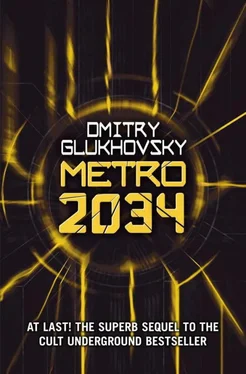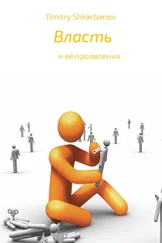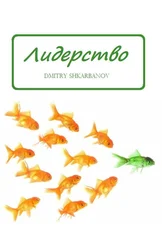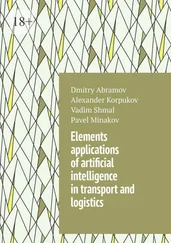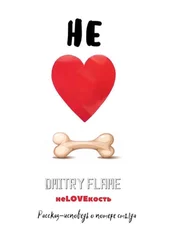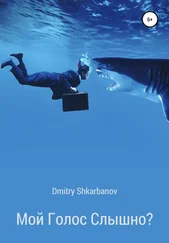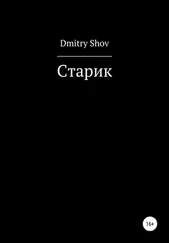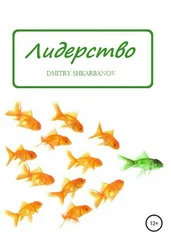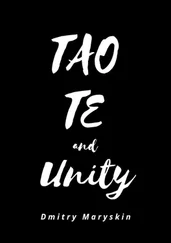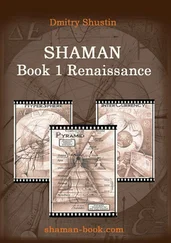What Else?
Really, what is it that makes man human?
He’s been wandering the earth for more than a million years, but the magical transformation that changed a cunning and gregarious animal into something completely different, something absolutely unprecedented, happened to him only about ten thousand years ago. Just imagine, for ninety-nine per cent of his history, he sheltered in caves and chomped on raw meat. Without knowing how to get warm or make tools and genuine weapons, not even knowing how to talk properly! And the range of feelings he was capable of experiencing didn’t really differentiate him from monkeys and wolves: cold, fear , attachment, anxiety, gratification.
How was he able, in the space of a few centuries, to learn to build and think and record his own thoughts, to alter the matter around him and invent things, why did he feel the need to draw, and how did he discover music? How was he able to conquer the entire world and restructure it to suit his requirements? What exactly was it that was added to this animal ten thousand years ago?
Fire? The fact that man was given the ability to tame light and warmth, to carry them with him to cold, uninhabited regions, to roast his prey on campfires in order to satisfy his stomach? But what did that change, apart from allowing him to extend his domain? Rats managed to colonise the entire planet without any fire, and they remained what they were to begin with – quick-witted, gregarious mammals. No, it can’t have been fire; at least, not only fire – the musician was right. Something else… But what? Language? Now there was an undeniable difference from other animals. The precise faceting of rough thoughts into the glittering diamonds of words that can become a universal currency and circulate everywhere. The ability, not so much to express what is going on in your head, as to arrange it in proper sequence: the casting of unstable images, which flow like molten metal, into solid forms. The clarity of mind and coolness of judgement, the ability to transmit orders and knowledge by mouth clearly and unambiguously: which leads to the ability to organise and subordinate, to assemble armies and build states.
But ants manage without words, constructing genuine megalopolises on their own level, inconspicuous though it is to man, and all finding their own places in supremely complicated hierarchies, conveying information and commands to each other with precision, drafting thousands of thousands of soldiers into intrepid legions with iron discipline, which clash head on in the inaudible but remorseless wars of their tiny empires.
Perhaps letters?
Letters, without which the accumulation of knowledge would be impossible? Those bricks out of which the Babylonian Tower of world civilisation, reaching for the heavens, was built? Without which the unbaked clay of the wisdom mastered by one generation would crack and split apart, subside and disintegrate into dust, unable to support its own weight? Without them, every successive generation would have started building the great tower again from the previous level and spent its entire life fumbling with the ruins of the preceding wattle and daub hut before dying in its own turn, without ever erecting the next level. Letters and writing allowed man to export accumulated knowledge beyond the narrow boundaries of his own skull, and so preserve it undistorted for his descendants, relieving them of the need to rediscover what had already been discovered long ago and allowing them to build something of their own on the firm foundation inherited from their ancestors.
But it wasn’t only letters, was it?
If wolves could write, would their civilisation be like man’s? Would they have a civilisation? When a wolf is sated with food, he falls into a state of blissful prostration, devoting his time to endearments and play, until the griping in his belly drives him on again. But when a man is sated with food, a yearning of a different kind, elusive and inexplicable, awakens within him – the same yearning that makes him gaze at the stars for hours on end, scrape ochre onto the walls of his cave, decorate the bow of his war boat with carved figures , slave for centuries to erect stone colossi instead of reinforcing the walls of his fortress, and spend his life on honing his artistry with words instead of perfecting his mastery of the sword. The same yearning that makes a former engine driver’s mate devote the remainder of his life to reading and searching – searching for something and trying to capture it in words… Something special… The yearning that drives a dirty, impoverished crowd to listen to wandering fiddlers in an attempt to satisfy it, that makes kings welcome troubadours and patronise artists, and makes a girl who was born underground gaze for hours at a daub on a packet that once held a teabag. A vague but powerful summons that can drown out even the call of hunger – but only in a human being.
Is it not this call that expands man’s range of feelings beyond those accessible to other animals, giving him in addition the ability to dream, the audacity to hope, and the courage to show mercy? Love and compassion, which man often regards as his distinctive qualities, were not discovered by him. A dog is capable of loving and being compassionate: when its master is ill, it stays with him and whines. A dog can even suffer boredom and perceive the meaning of its own life in another creature: if its master is dying, it is sometimes prepared to perish, simply to remain with him. But it doesn’t have dreams and aspirations.
So it’s a yearning for beauty and the ability to appreciate it? The remarkable ability to take pleasure in combinations of colours, sequences of sounds, the angles of lines and the elegance of verbal structures? To extract from them a sweet vibration that wrings the heart and soul. That rouses any soul, whether it is bloated with fat or hard and calloused or seamed with scars, and helps it purge itself of extraneous excrescences.
Perhaps. But not only that.
In order to drown out the stuttering bursts of sub-machine-gun fire and the despairing howls of naked, bound human beings, other human beings played the majestic operas of Wagner at full volume. No contradiction arose: one thing merely emphasised the other. Then what else?
And even if man does survive as a biological species in this present-day hell, will he preserve this fragile, almost impalpable, but undoubtedly real particle of his essential being? The spark that ten thousand years ago transformed a half-starving beast with a dull gaze into a creature of a new order? Into a being tormented more by hunger of the soul than hunger of the flesh? A rebellious being, fluctuating eternally between spiritual grandeur and ignominy, between an inexplicable mercy quite inappropriate for predators and an unjustifiable cruelty unequalled even in the soulless world of insects. Who erects magnificent palaces and paints incredible canvases, rivalling the Creator in his ability to synthesise pure beauty – and invents gas chambers and hydrogen bombs in order to annihilate everything that he himself has created and economically annihilate his own fellows. Who painstakingly builds sandcastles on the beach and blithely destroys them. Did that spark transform him into a being who knows no limits in anything? An irrepressibly restless being who doesn’t know how to satisfy his strange hunger, but devotes his entire life to the attempt to do it? Into man? Will this remain in him? Will this remain after him?
Or will it be lost in his past, merely a brief peak in the graph of history, leaving man to revert from this strange one-per-cent deviation to his perennial torpidity, an habitual, customary state of stagnation, in which innumerable generations follow each other, chewing the cud without even raising their eyes from the ground, and the passing of ten years or a hundred or five hundred thousand is equally imperceptible?
Читать дальше
